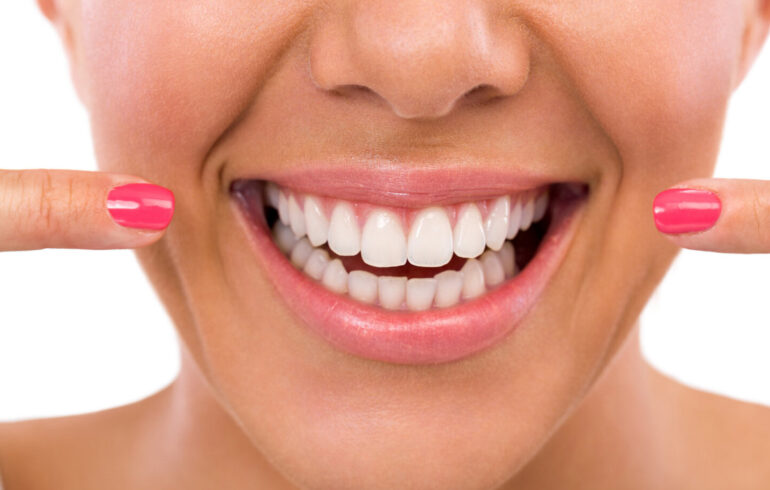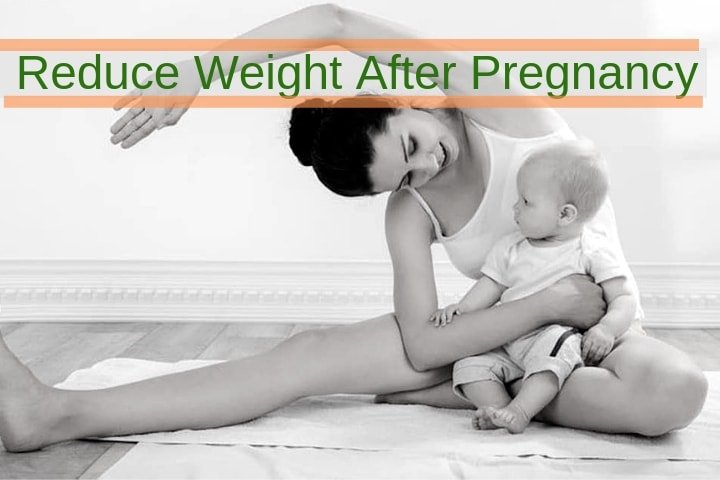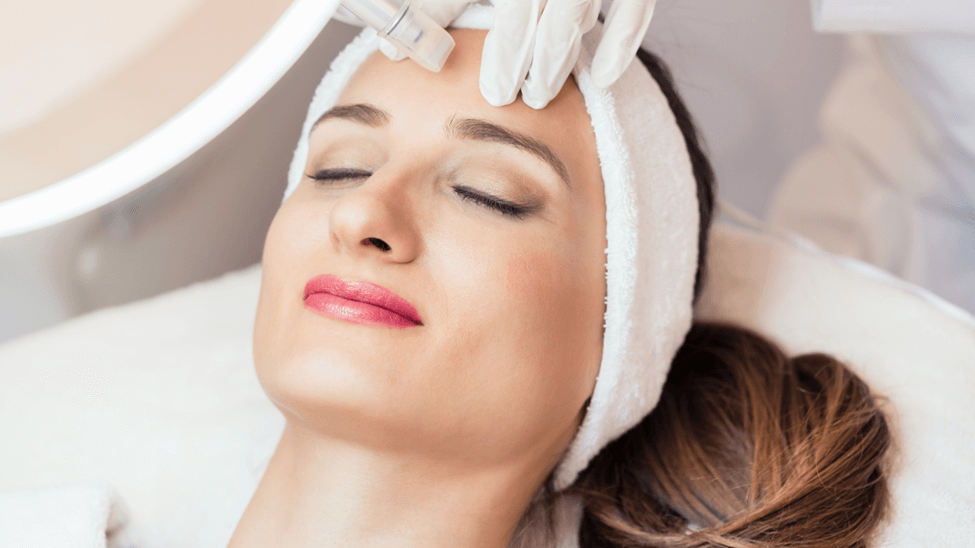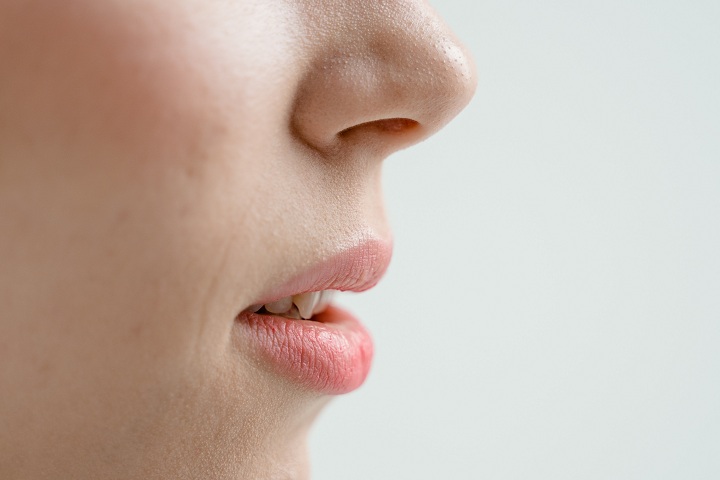Are You Looking After Your Teeth the Right Way? We Explain the Habits That Might Be Doing You More Harm Than Good
Are you looking after your teeth the right way? You might not be, since all these bad habits are very common. There is bound to be at least one you’re guilty of.
Looking after your oral health is a big part of overall health and wellbeing and can affect you more than you realize. So much of dentistry comes down to prevention rather than repairing, so take a look at our guide to understanding how to look after your mouth.
Why is oral hygiene important?
Going to the dentist can be a bad experience for most adults, but it is something that has to be done. Your teeth are a vital part of overall health and can affect more than you think.
Avoiding the dentist will cause you to not notice when a small problem becomes a big one. The biggest oral hygiene problems like tooth decay, gum disease and oral cancer will all go undiagnosed and untreated if you ignore toothache and sensitivity.
And why is oral hygiene important? Well, what the dentist says to kids who don’t brush their teeth is true: all their teeth will fall out. An unhealthy or overcrowded mouth can cause problems in eating, speaking, and bad breath, which will be important for socializing. In turn, all these problems can lead to issues in self-confidence and might cause you to withdraw.
As long as you enforce a routine of brushing, flossing, rinsing with an anti-bacterial mouthwash and regular visits to the dentist or the paediatric dentist for children, you should avoid a lot of these problems. Dentistry has come a long way in the last couple of years, and for anything that a regular brushing routine can’t solve, there is likely to be a treatment to deal with it.
What should I be doing?
The basics of brushing your teeth are two minutes twice a day – and that is the bare minimum. A few other things should be implemented in your schedule to help you keep a healthy mouth.
The way you brush is as important as any other aspect. Aim for gentle circular motions as you take your time going over the entire mouth. When shopping for toothpaste, more than whether it’s whitening or flavoured, make sure it has fluoride. Fluoride is the leading defence against tooth decay and works by fighting germs that can lead to decay and creating a barrier between those germs and your teeth. Don’t rinse with water, or you’re spitting out all that fluoride.
Flossing often gets ignored once the bare minimum is done, but it should be treated as an important task like brushing. It can get rid of food stuck between your teeth, yes, but it also stimulates your gums to make them healthier, reduces plaque, and lowers inflammation in the area you’re flossing. There are many ways to floss, making it easier and less of a chore to get done.
Don’t skip the mouthwash, either. It reduces the amount of acid in the mouth and will reach difficult areas to get to with a floss tool or toothbrush. It also adds lost minerals back in the teeth.
It would help to visit your dentist every six months for a regular dental check-up and clean. These visits are crucial to keeping a healthy mouth. They make sure your teeth are healthy, they clean your teeth, and they tackle problems that you might not have picked up on.
What am I doing wrong?
It turns out there are a lot of habits that are impeding your oral hygiene. The first one is one too many people are guilty of. The logic goes that being hard on your solid teeth will surely get all the bad stuff off them, right?
Wrong. You could be harming your teeth by brushing too hard. You should be brushing for two minutes twice a day, but if your toothbrush is starting to resemble a hedgehog, you’re going too hard. You could damage your teeth and irritate your gums with either a method or a too hard toothbrush, especially in older adults. Your gums will push back and expose the root of your teeth with age, usually increasing sensitivity. If you’re brushing too hard, it may lead to sensitive teeth.
If you have this problem, switch to a soft toothbrush, and aim to massage your teeth rather than scrub them. You’re not trying to get grout off the bathroom tile.
There is also the problem of people forgetting their tongue while they’re brushing. The sticky, transparent collection of bacteria that is plaque can build up on your tongue as well as your teeth. It can lead to breathing that no one around you will appreciate and other oral health problems.
There are also aspects of life beyond your cleaning routine that could be affecting your mouth. For example, if you have a habit of biting your nails, you could damage your jaw. You pressure your jaw by placing your jaw in a protruding position, leading to jaw dysfunction. Try bitter-tasting nail polishes and reducing your stress to avoid it.
If you have a habit of grinding or clenching your jaw when you’re thinking or asleep or stressed, you can cause your teeth to chip and crack, as well as causing muscle tenderness and joint pain around your jaw. You might find it hard to chew or open your mouth very wide with the pain of it. You can try relaxation exercises at night if you grind in your sleep, but you can also invest in a mouthguard. You can find a mouthguard at puredentistry.com.au. You can also make a habit of placing the tip of your tongue between your front teeth to force your jaw to relax during the day. And if you clench your jaw at night, you can relax them by holding a warm cloth against your cheek in front of the earlobe to relax your jaw muscles.
If you’re someone who likes to chew on ice cubes, you are meeting crystal with crystal. Both tooth enamel and ice cubes are crystal, and one will break when you force them against each other. You can break your tooth or fill chewing on ice. Plus, the cold of the ice is an additional danger that can cause teeth to fracture. Microscopic cracks in the surface of the enamel can be caused by crunching on ice, and it could lead to bigger problems.
This also goes for popcorn kernels and people who like to suck on the pits of fruit like peaches, apricots, and plums.
Using your teeth to cut tape or string is also a habit that needs to be broken for the sake of your oral health. The Christmas wrapping will get done just as quickly with a pair of scissors, and they won’t end up cracking your teeth, injuring your jaw, or accidentally swallowing something small.
So cut out the habit of opening chip packets, uncapping a bottle of nail polish, ripping off price tags or – horrifically – pulling off a bottlecap because you’re doing real damage that will be painful and expensive to repair.






